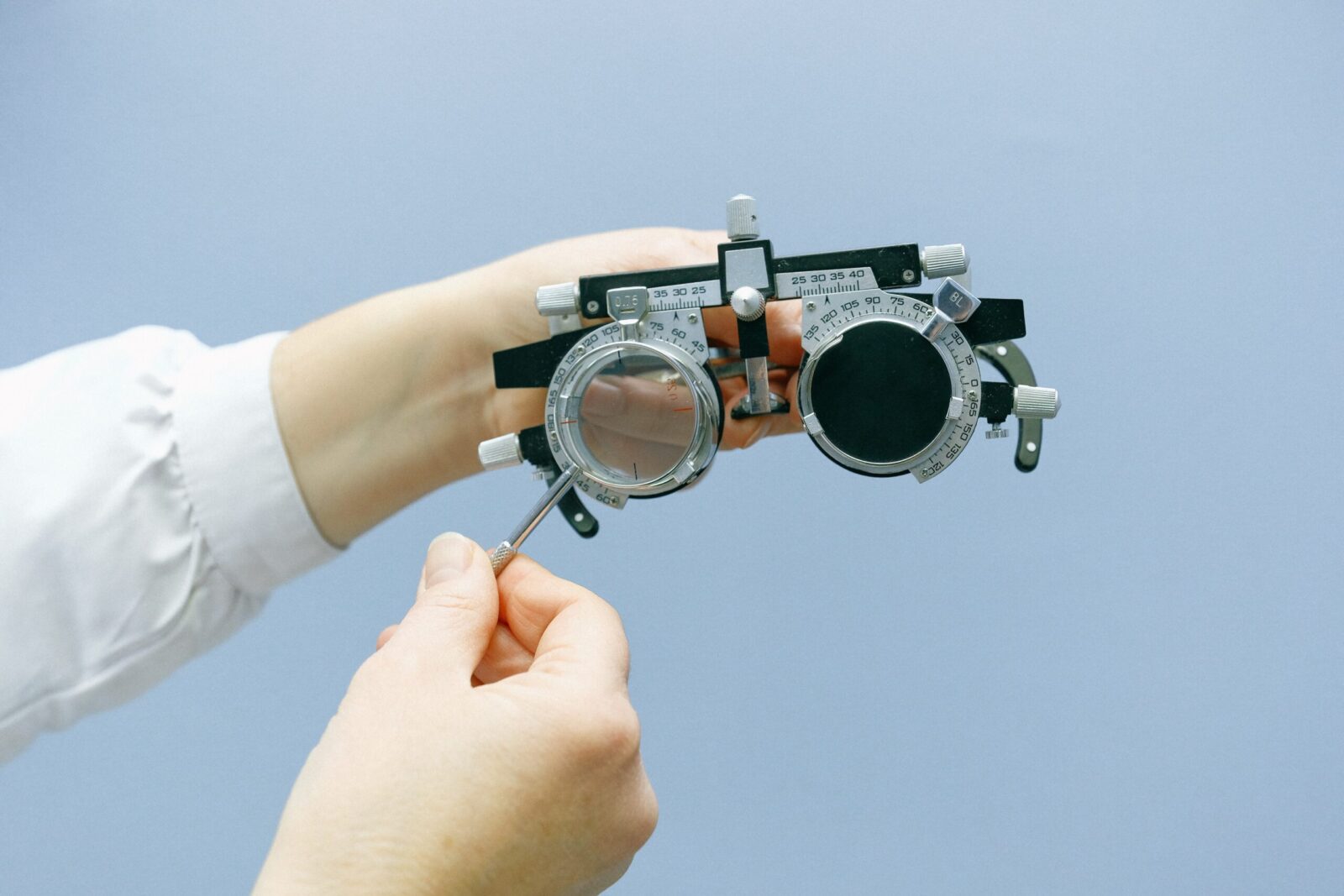
What is The Difference Between an Optometrist and Ophthalmologist?
The Opticians
However, they are not permitted by law to do eye exams or to be referred to as “ophthalmologists.” Their duties include repairing frames and spectacles and fitting contact lenses to address visual issues. They do not, however, provide eye disease diagnosis or treatment. Opticians must hold a license in some states, but not in others. Most optometrists hold a license and have completed at least one year of training.
Optometrist vs Ophthalmologist
Optometry and Ophthalmology are two very different specialties. Although they both deal with eye care, there are some common misconceptions between them. Eye care is provided by both ophthalmologists and optometrists, but their levels of training and expertise are quite different.
- An optometrist’s duties include doing vision tests and eye exams, prescribing glasses, identifying anomalies in the eyes, and writing prescriptions for medications related to eye conditions. Optometrists and ophthalmologists have different responsibilities. Doctors of optometry are not medical doctors. Thus, after three or four years of education, they graduate from optometry school with an optometry doctorate (OD). Optometrists are eye care specialists who offer basic vision care, which includes diagnosing, treating, and managing changes in vision as well as sight testing and correction.
- Ophthalmology is the specialty that deals with eye and vision care. An ophthalmologist has finished medical school and college. In contrast to an ophthalmologist, an optometrist has a key difference. Ophthalmologists can do everything that optometrists do, including treating eye conditions, prescribing drugs, and fitting contact lenses and glasses to alleviate vision issues. Furthermore, they have medical and surgical licenses.




